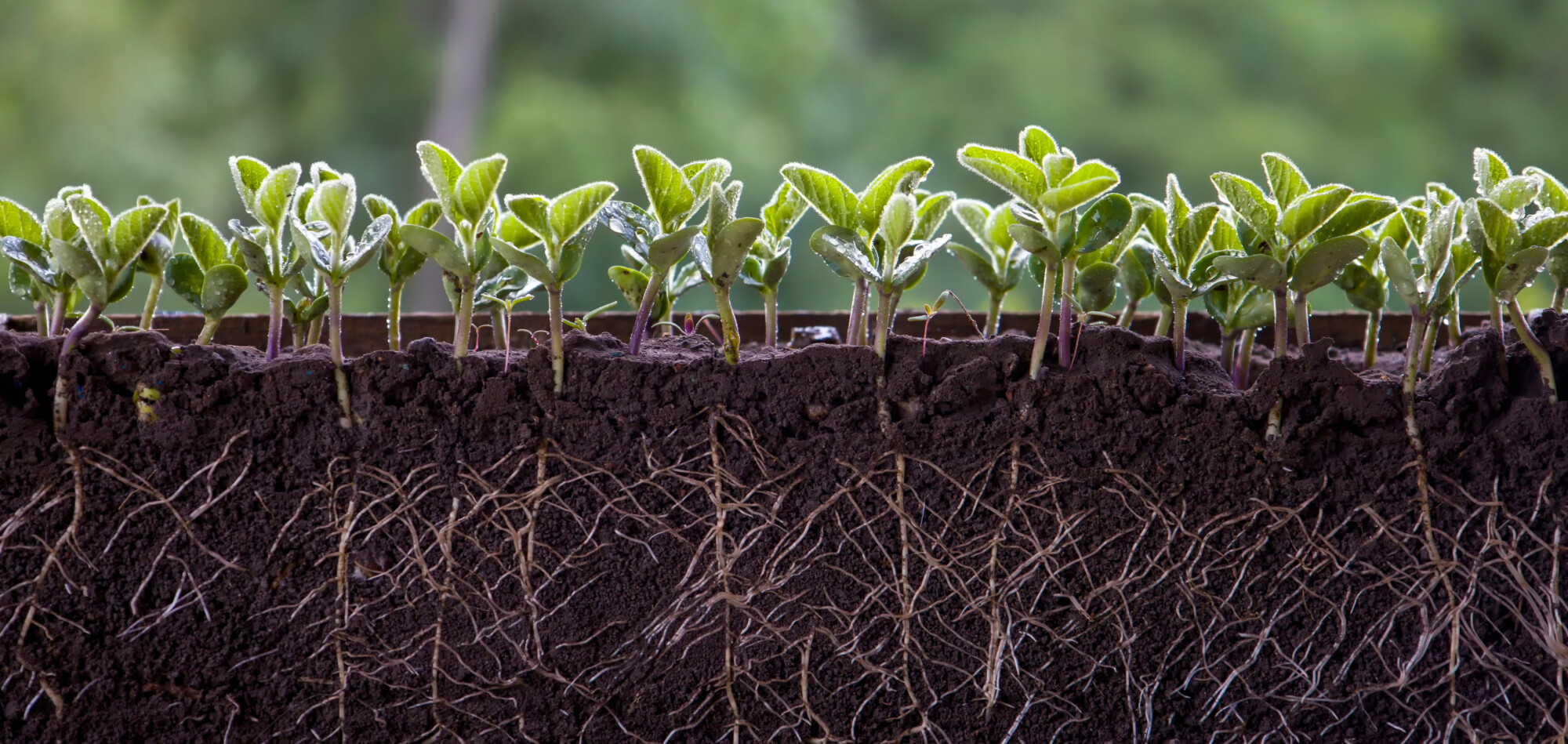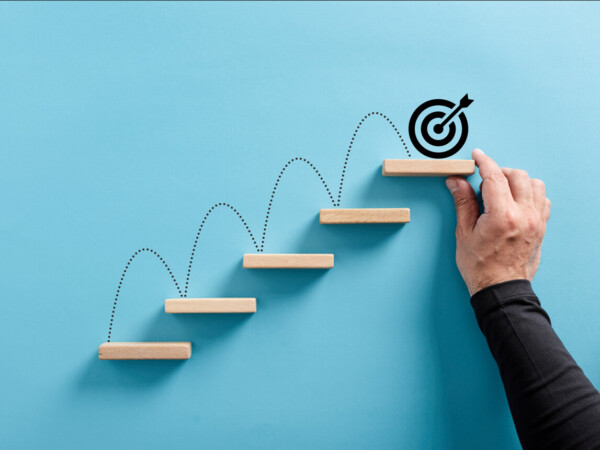
Savonia Article: Strengthening the roots: supporting generic skills in agricultural education
This work is licensed under CC BY-SA 4.0
At Savonia University of Applied Sciences, agricultural education is supporting future agrologists grow not only in technical knowledge but in the personal and professional skills that shape confident, adaptable, and self-aware individuals. That’s where the Personal and Professional Development (PPD) pilot programme comes in. Launched as part of the Future Work Ability Project, PPD supports students in developing essential generic skills like communication, teamwork, goal setting, time management, and reflection.
While often labelled “soft,” these skills are the foundation of employability and well-being especially in a field like agriculture, where students are expected to juggle independent work, group assignments, and increasingly complex career demands. They are also key components of 21st-century skills, which emphasize critical thinking, collaboration, creativity, and emotional intelligence – capabilities needed not only in dynamic job markets but in navigating a rapidly changing world.
The programme was created in response to a real need. Many agricultural students come from backgrounds where they’re used to working alone – on farms or with animals, which builds independence, but can also make academic life, with its emphasis on collaboration and self-directed learning, overwhelming. The PPD pilot meets students where they are and equips them with tools to navigate both study life and future work life more confidently.
PPD in action
The programme is structured to support students throughout their entire Bachelor’s journey. Each academic year focuses on a different area of growth. First-year students build self-awareness and explore self-leadership. In the second year, the focus shifts to a skill that’s both practical and psychological: goal setting. Year three is all about the motivation and its lack when approaching final Bachelor Thesis planning and writing.
Year two: demystifying goal setting
On paper, setting goals sounds straightforward. But when students were asked to reflect on their ability to do this meaningfully, we saw a different story emerge. Many students shared that they struggled to set realistic goals or didn’t set them at all. Some had negative experiences in the past – like setting goals that were too big, too vague, or too distant. Others approached the exercise as a box-ticking task rather than a personal journey. Most were unfamiliar with frameworks like SMART or tools like the GROW model and rarely paused to evaluate whether their goals were even achievable. To bridge this gap, the PPD programme introduced practical, student-friendly methods for breaking down abstract ambitions into actionable steps. Students were guided to work with their internship experiences, using real-world situations as starting points for reflection, planning, and learning. What stood out was that even highly experienced students – some with over 20 years in farming – still found personal development work challenging. One participant shared that while they didn’t expect anything “miraculous” from the process, they found the PPD task surprisingly difficult due to personal circumstances and the internal pressure to get everything right.

What we learned – key findings
Students avoid goal setting when past efforts have failed. This avoidance is often rooted in experiences with unattainable goals or lack of feedback.
Many goals are too broad, bordering on life-long dreams, which makes progress hard to measure or celebrate.
It occurred that reflection tools and structure was considered helpful by students. Those who engaged with SMART and GROW frameworks found them genuinely useful.
The second year of PPD revealed that “inner critic” is loud. Impostor syndrome was a recurring theme – students recognised how self-doubt shaped their academic behaviour and undermined their confidence.

We spotted that self-awareness of the students has been improving. Several of them mentioned that they had started noticing emotional responses and thinking patterns that had gone unnoticed before.
Looks like peer interaction makes a difference. Discussing challenges and hearing others’ reflections allowed students to normalise their struggles and feel less alone.
These findings confirm that developing generic skills isn’t automatic – it takes space, support, and safe opportunities to try, reflect, and try again.
Looking forward: next steps for the PPD pilot
The insights from the second year have helped refine the PPD programme for future cohorts.
Deeper work on impostor syndrome: This theme resonated widely with students. Future sessions will include more discussion, reflection tools, and practical exercises to help students recognise and reframe their inner critic.
Early introduction to goal setting: Some students were engaging with these ideas for the first time. We’ll now introduce simplified goal-setting frameworks already in the first year to create continuity and familiarity.
Peer-based learning: Students responded positively to hearing others’ experiences. Group-based reflection or peer coaching methods may be integrated more intentionally.
More tailored approaches: As student groups vary greatly by age, life experience, and study format, we’ll continue developing separate tracks (face-to-face, online, and hybrid) to meet their needs more effectively.
More feedback loops: Future rounds of the pilot will incorporate structured self-assessment and follow-ups to help students track their own progress over time.
In conclusion
In a world where adaptability, communication, and self-leadership are increasingly in demand, the PPD programme is helping agricultural students grow the skills that machines can’t replace. It’s about more than employability. It’s about giving students a chance to understand themselves, build confidence, and carry those insights into the field, the workplace, and life. Because in agriculture – and in life – growth takes time, care, and the right conditions.
Agnieszka Laherto
Executive Coach and Behavioural Change Practitioner
Wellbeing specialist in Tulevaisuuden työkyky project, Savonia UAS
